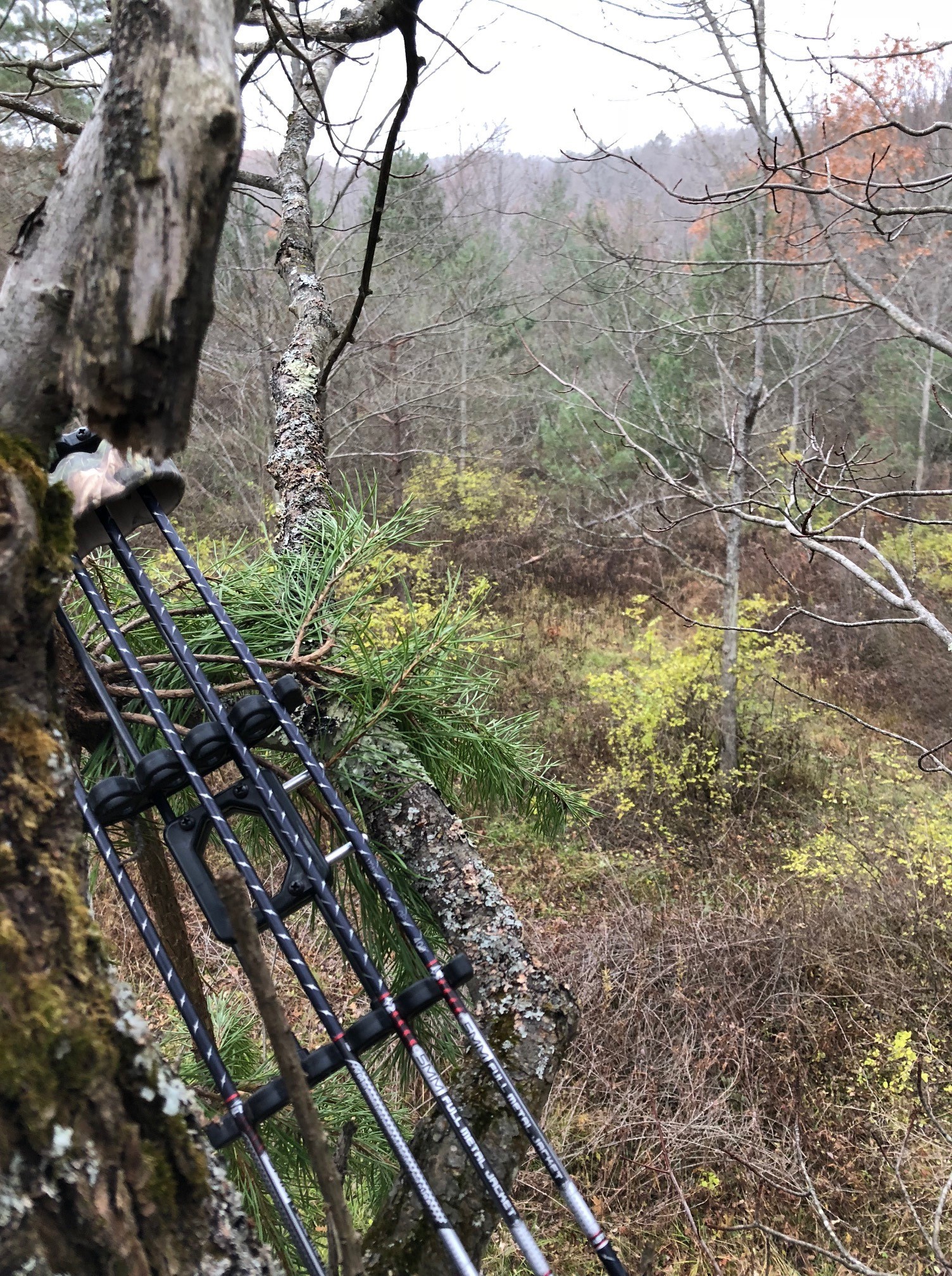Old Hunters Learning New Tricks
Published with permission from AHuntersTales.com
It simply hadn’t happened before, the path made by the old, wise doe. She was in and out of the area and never once made the trek down the familiar path as her ancestors before her.
And with her exit, came the appreciation for this hunter that things have likely changed. Those long-proven patterns of deer in this area were different.
It wasn’t long until I saw more deer, including a fine 8-point buck, make the same route as the doe from a common bedding area and into the hardwoods.
It was confirmed.
Even after briefly scouting the new, well-established trails on this new route well away from my faithful stand, it was hard to consider that a change was needed. You see, many bucks have passed by this stand over the years, and no fewer than three mature bucks have been arrowed within 40 yards of this very tree. Surely, this was the ideal location to be sitting.
Except it wasn’t.
And it played a role in not filling my archery tag. Playing a greater role, though, was my stubbornness to not change the stand location earlier, even though all signs pointed that I should.
Familiarity can be a detriment to an archery hunter. The reams of data that exist within a hunter’s memory from decades of hunting a familiar location can skew his or her decisions.
That was reinforced enough in me through missed opportunities like the one above that I now find myself eager to consider how I’ll change several of my stand locations each and every season. At minimum it’s worth the effort to consider those prospects.
Upon further pondering the challenges of familiarity, it dawned on me how we all accept the value in scouting a new hunting location. These are often the most valuable – and fun – elements of hunting the new and unfamiliar. Those minutes and hours dedicated to learning about the local deer of a location can often be the primary indicator of success.
Scouting before hunting a familiar location should be no different!
Often times that’s difficult with limited hunting time, and especially if you’re traveling from great distances to hunt a familiar area.
You get caught in a comfort zone, feeling as though you know the land you’re hunting as well as your backyard. You try to skip the scouting portion of the hunt and take advantage of the knowledge you already have.
It’s easy to do, right?
Things change within the terrain (felled trees, food sources, erosion, etc.) that provide enough of a reason to, at minimum, confirm your intuitions.
I should have done that. I’ve learned my lesson. Hopefully you have too.
And leave it to those old, wise does to teach us along the way.









